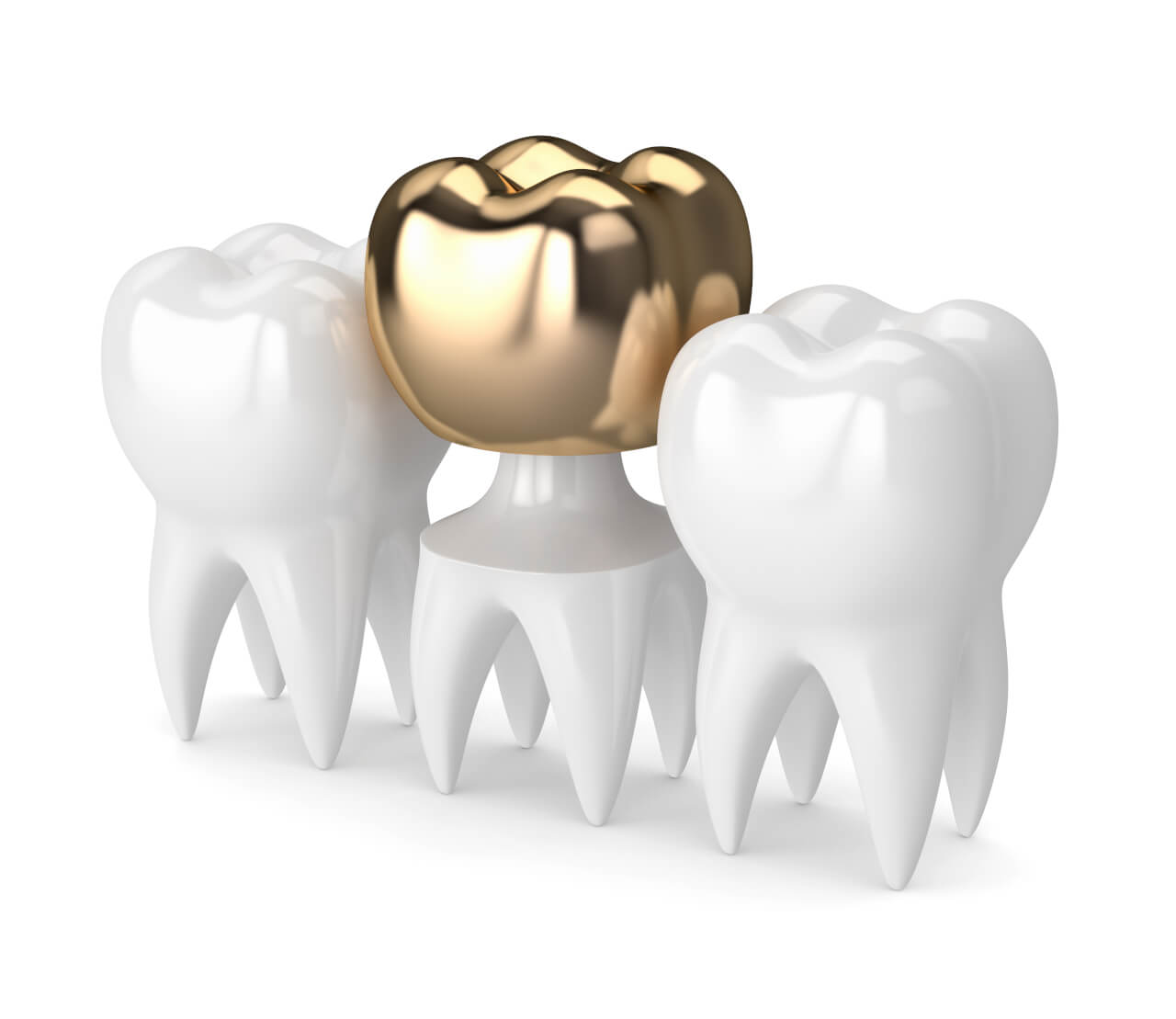Does Alcohol Cause Dry Mouth

Alcohol consumption is a widespread practice that has been a part of human culture for centuries. While moderate alcohol consumption is generally considered safe for most adults, it can have several negative effects on the body, particularly when consumed excessively. One of the lesser-known effects of alcohol consumption is its impact on oral health, specifically its role in causing dry mouth, also known as xerostomia.
Dry mouth is a condition characterized by a decrease in the production of saliva, leading to a dry, sticky feeling in the mouth. Saliva plays a crucial role in maintaining oral health by lubricating the mouth, facilitating swallowing, and neutralizing acids that can damage teeth. When the mouth is dry, it can lead to a range of issues, including difficulty swallowing, changes in taste, and an increased risk of tooth decay and other oral health problems.
Several factors contribute to the development of dry mouth, including certain medications, medical conditions, and lifestyle habits. Alcohol consumption is one such factor that can cause dry mouth due to its diuretic effects. When alcohol is consumed, it can lead to an increase in urine production, resulting in a loss of fluids and electrolytes in the body. This dehydration can reduce saliva production, leading to dry mouth.
The relationship between alcohol consumption and dry mouth is complex, and several mechanisms are involved. One of the primary ways in which alcohol causes dry mouth is by reducing the production of saliva. Saliva is produced by the salivary glands, which are stimulated by the presence of food and other substances in the mouth. Alcohol can suppress the activity of these glands, leading to a decrease in saliva production.
Another way in which alcohol contributes to dry mouth is by altering the composition of saliva. Saliva contains enzymes, antibodies, and other compounds that help to protect the mouth against infection and disease. Alcohol can change the balance of these components, leading to a decrease in the protective functions of saliva.
In addition to its direct effects on saliva production and composition, alcohol consumption can also contribute to dry mouth indirectly. For example, alcohol can lead to dehydration, which can reduce saliva production. Alcohol can also lead to changes in diet and lifestyle, such as a decrease in water intake and an increase in sugary or acidic foods and drinks, which can exacerbate dry mouth.
The effects of alcohol on dry mouth can vary depending on several factors, including the amount and frequency of alcohol consumption, individual tolerance, and overall health. Moderate alcohol consumption, defined as up to one drink per day for women and up to two drinks per day for men, is generally considered safe and may not lead to significant dry mouth. However, excessive alcohol consumption, defined as more than four drinks per day for women and more than five drinks per day for men, can lead to significant dry mouth and other oral health problems.
Dry mouth caused by alcohol consumption can have several consequences, including:
- Tooth decay and other oral health problems: Dry mouth can increase the risk of tooth decay and other oral health problems by reducing the protective functions of saliva.
- Difficulty swallowing: Dry mouth can make it difficult to swallow, leading to discomfort and pain while eating.
- Changes in taste: Dry mouth can alter the sense of taste, making food less enjoyable.
- Bad breath: Dry mouth can lead to bad breath, also known as halitosis, due to the accumulation of bacteria in the mouth.
To manage dry mouth caused by alcohol consumption, several strategies can be employed. These include:
- Drinking water: Staying hydrated by drinking plenty of water can help to reduce dry mouth.
- Chewing sugar-free gum: Chewing sugar-free gum can stimulate saliva production and help to reduce dry mouth.
- Avoiding sugary or acidic foods and drinks: Avoiding sugary or acidic foods and drinks can help to reduce the risk of tooth decay and other oral health problems.
- Practicing good oral hygiene: Practicing good oral hygiene, including regular brushing and flossing, can help to reduce the risk of oral health problems.
In conclusion, alcohol consumption can cause dry mouth by reducing saliva production and altering the composition of saliva. The effects of alcohol on dry mouth can vary depending on several factors, including the amount and frequency of alcohol consumption, individual tolerance, and overall health. To manage dry mouth caused by alcohol consumption, several strategies can be employed, including drinking water, chewing sugar-free gum, avoiding sugary or acidic foods and drinks, and practicing good oral hygiene.
What are the symptoms of dry mouth caused by alcohol consumption?
+The symptoms of dry mouth caused by alcohol consumption can include a dry, sticky feeling in the mouth, difficulty swallowing, changes in taste, and bad breath. In severe cases, dry mouth can lead to tooth decay and other oral health problems.
How can I manage dry mouth caused by alcohol consumption?
+To manage dry mouth caused by alcohol consumption, you can try drinking water, chewing sugar-free gum, avoiding sugary or acidic foods and drinks, and practicing good oral hygiene. Reducing or avoiding alcohol consumption altogether can also help to alleviate dry mouth.
Can dry mouth caused by alcohol consumption be treated?
+Yes, dry mouth caused by alcohol consumption can be treated. Your dentist or healthcare provider may recommend a variety of treatments, including saliva substitutes, fluoride mouthwashes, and desensitizing toothpaste. In some cases, medication may be prescribed to stimulate saliva production.
Ultimately, the relationship between alcohol consumption and dry mouth is complex, and several factors are involved. While moderate alcohol consumption may not lead to significant dry mouth, excessive alcohol consumption can have serious consequences for oral health. By understanding the effects of alcohol on dry mouth and taking steps to manage and prevent it, individuals can help to protect their oral health and overall well-being.

